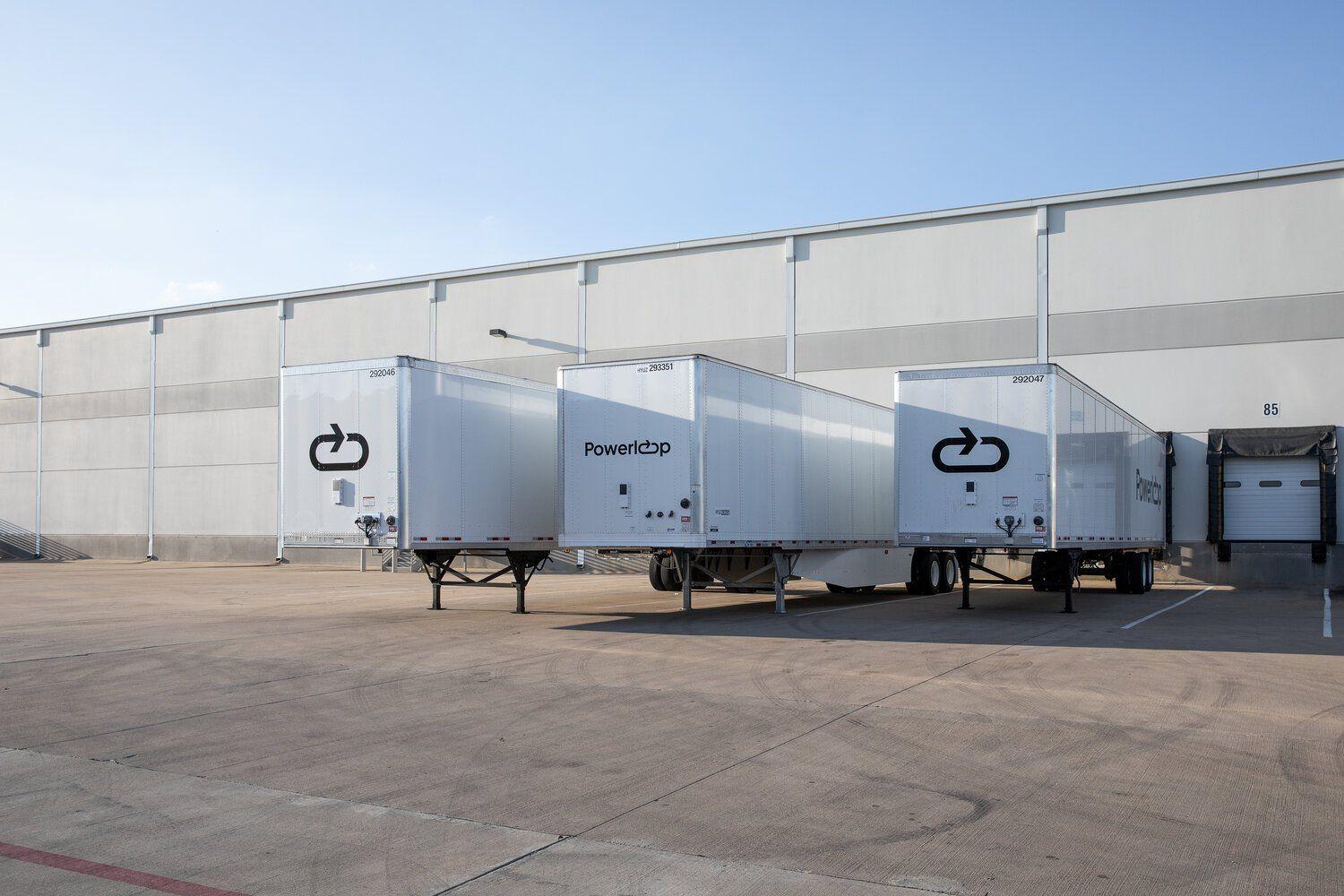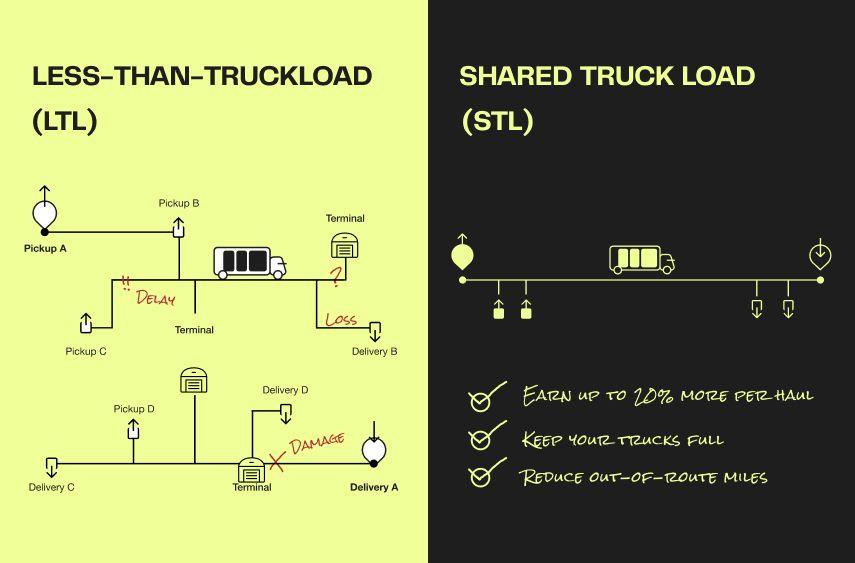
The Impact of Powerloop on Shippers and Their Docks
The Transformative Impact of Powerloop and Industry-Wide Drop-and-Hook Models on Shippers, Dock Efficiency, and Overall Supply Chain Performance
Powerloop by Uber Freight is shaking up the logistics industry, and its effects are particularly profound for shippers and their dock operations. By introducing a drop-and-hook model, Powerloop is making dock operations more efficient and significantly enhancing overall supply chain performance. Interestingly, this approach is not unique to Uber Freight; several other companies have also been pioneering similar initiatives.
Traditional dock operations involve a lot of downtime due to the loading and unloading of trucks. This inefficiency is a major pain point. Powerloop changes the game by providing preloaded trailers, which drastically cuts down the time trucks spend at docks. Typically, loading and unloading can take 2-3 hours per shipment. With Powerloop, this drops to about 30 minutes. That’s an 80-90% reduction in dwell times, leading to much faster turnaround and better dock utilization.
The drop-and-hook model also allows for a higher volume of trailers to be processed. Data shows that docks using Powerloop can handle up to 50% more shipments daily compared to traditional methods. This boost in throughput means shippers can manage more shipments without needing extra resources, making operations smoother and more efficient.
Powerloop provides shippers with greater flexibility in managing dock schedules, backed by data showing improved operational efficiency. Shippers can preload trailers during off-peak hours, avoiding congestion during busy times. This flexibility has led to a 20-30% improvement in dock utilization rates, as the workload is spread more evenly throughout the day. Plus, the predictability of preloaded trailers helps shippers plan their schedules better. Studies show that this predictability can improve scheduling efficiency by 15-20%, reducing the uncertainty that comes with traditional loading and unloading processes.
The efficiencies gained from Powerloop translate directly into quantifiable cost savings for shippers. Faster dock operations mean fewer labor hours are needed, and data suggests that shippers using Powerloop can cut labor costs by up to 25%. Additionally, by speeding up trailer processing, shippers can reduce the need for extensive on-site storage, leading to up to a 20% reduction in storage costs and better space utilization.
Other industry leaders like Schneider National and J.B. Hunt have also implemented drop-and-hook models with great success. Schneider National has leveraged this method for years, allowing drivers to swap empty trailers for loaded ones, significantly cutting down on wait times. J.B. Hunt, through their J.B. Hunt 360 platform, connects shippers and carriers to facilitate the use of preloaded trailers, improving turnaround times and productivity. Digital freight networks like Convoy use technology to optimize drop-and-hook, matching preloaded trailers with available carriers, reducing idle time and improving freight movement efficiency. Knight-Swift Transportation has similarly integrated drop-and-hook strategies, maintaining a large fleet of trailers to offer flexible and efficient solutions, increasing asset utilization and overall supply chain efficiency.
Beyond just the docks, Powerloop enhances overall supply chain performance. Reducing the time trucks spend at docks means goods are on the road sooner, which can improve delivery times by 10-15%—a crucial advantage in meeting tight schedules. More predictable and efficient dock operations also mean more reliable delivery schedules. Data shows that these reliability improvements can lead to a 10-12% increase in customer satisfaction and on-time delivery rates.
Powerloop by Uber Freight, along with similar initiatives from other logistics giants, is revolutionizing dock operations for shippers. By making the process more efficient, flexible, and cost-effective, Powerloop is helping shippers stay competitive in a demanding market. As the logistics industry continues to evolve, the adoption of drop-and-hook strategies is likely to become even more widespread, driving further innovations and improvements in the industry.
Key Topics Covered
Written by
Rapid Relay Team
The Rapid Relay team brings together industry expertise in freight optimization, relay operations, and supply chain innovation. Our writers share insights drawn from years of working with carriers and understanding the complexities of long-haul logistics.

